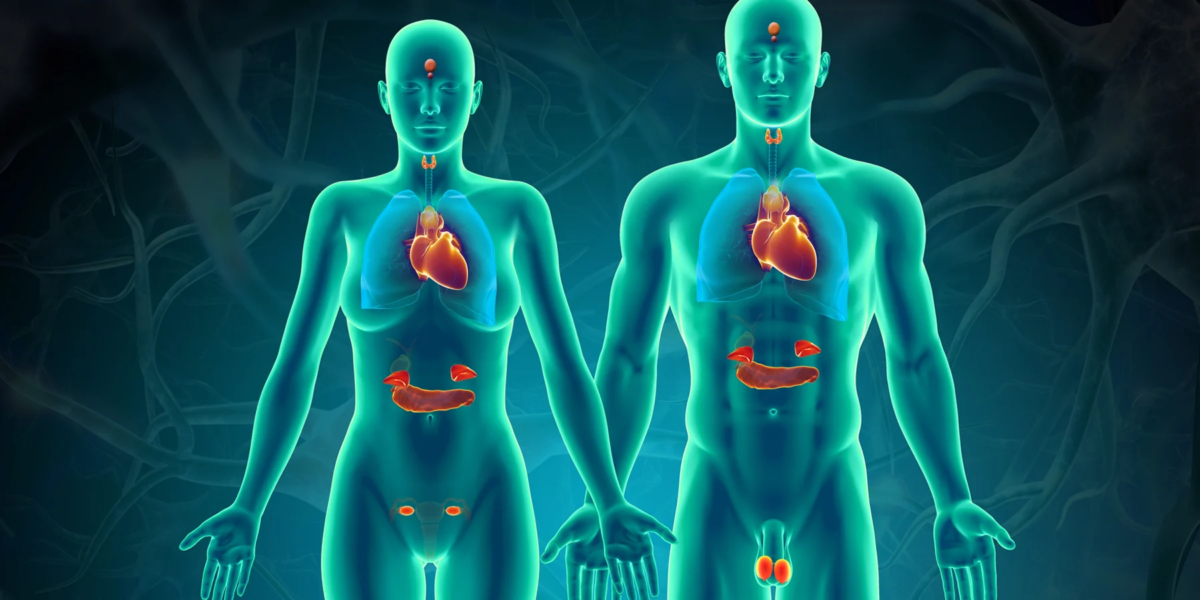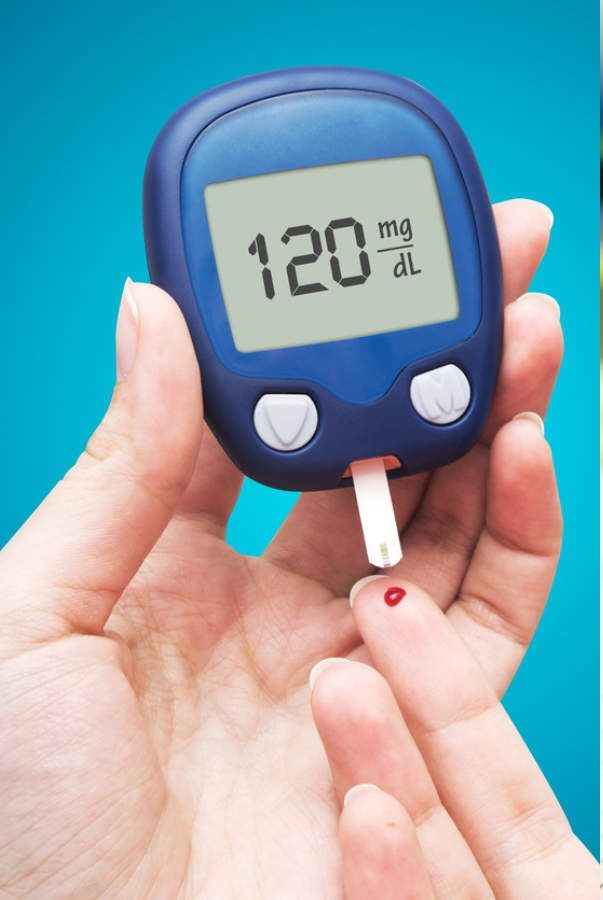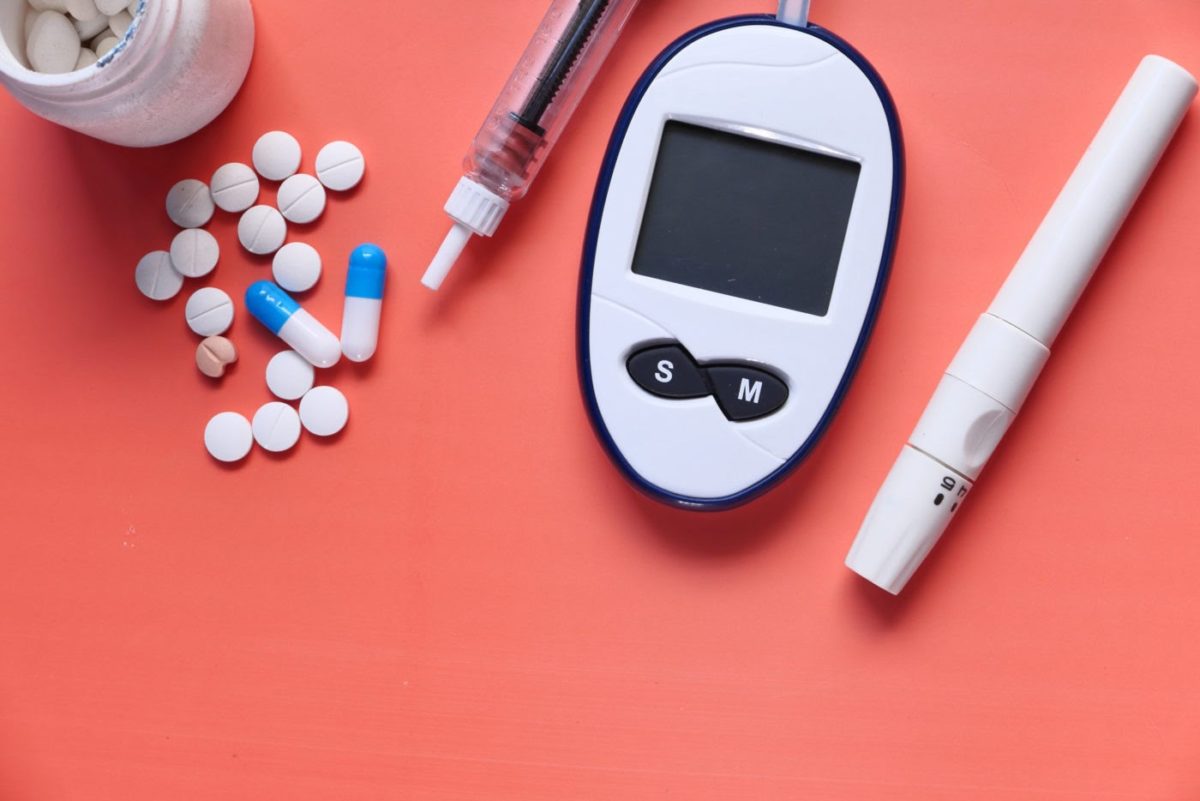As per the Indian documents and research, we are home to about 77 million diabetics. Just like with every other country, the majority of the same comprises of Type 2 diabetes.
Historically, elderly persons were the most likely to develop type 2 diabetes. However, because of pervasive unhealthy living practices, it is more prevalent among younger people than ever before.
Type 2 diabetes is frequently avoidable. Understand what you can accomplish to avoid or postpone its start, regardless of your age.
- This type was originally solely found in adults and was referred to as “adult-onset” diabetes.
- Diabetes is now referred to simply as “type 2” diabetes since it is becoming increasingly frequent in youngsters.
Type 1 diabetes is consistently frequent in young adults, and it is thought to be the result of an autoimmune disorder. However, the prevalence of type 2 diabetes is increasing, which can be linked in part to unhealthy lifestyles.
Health problems that are related to Type 2 Diabetes
Type 2 diabetes is linked to several health issues. Among the risk factors are:
- Vascular disorder
- Obesity
- Blood pressure is too high
- Low amounts of “good” cholesterol, or high-density lipoproteins (HDL).
- Elevated triglyceride levels
- A background of gestational diabetes or delivering a baby weighing more than 9 pounds
- Polycystic ovarian syndrome (PCOS) or other insulin resistance markers
Sedentary (inactive) living might raise your risk of acquiring diabetes since being overweight or obese might have the same effect.
According to the CDC Trusted Source, 87.5 percent of individuals with diabetes are significantly overweight. Weight loss may help to postpone or avoid the condition.

Diabetes Health risks for children
Diabetes analysis should be performed on children under the age of 18 if their weight or height exceeds the 85th percentile or is more than 120 percent of the optimal weight for their height. They should also have one of the risk factors listed below:
- Indications of insulin resistance in a first- or second-degree relative with a family history with this type of diabetes
- The mother who suffered from gestational diabetes throughout her pregnancy
Putting off the development of diabetes
Given the increased rates of detection, there are techniques to postpone and even eliminate the condition. Among your finest possibilities are:
- Consistent physical activity
- If you are overweight or obese, you should lose 5 to 10% of your body weight.
limiting your use of sugar and sugary beverages
The National Institute of Diabetes and Digestive and Kidney Diseases’ Diabetes Prevention Program (DPP) investigated the impact of weight loss on the development. They discovered that decreasing 5 to 7% of your body weight can halt the progression of this type.
Some at-risk individuals may potentially postpone the onset of diabetes by using diabetic drugs. For the greatest outcomes, it is critical to review all of your alternatives with a doctor.





















